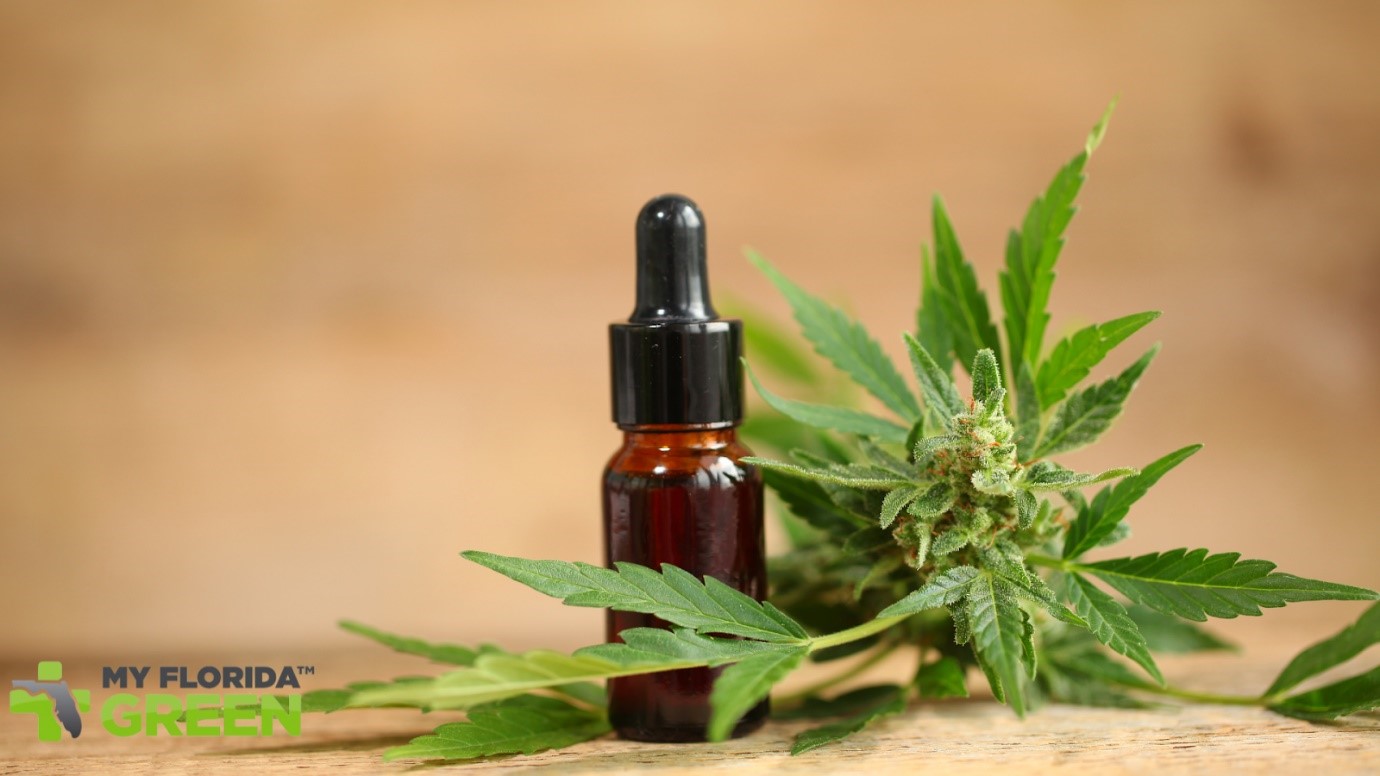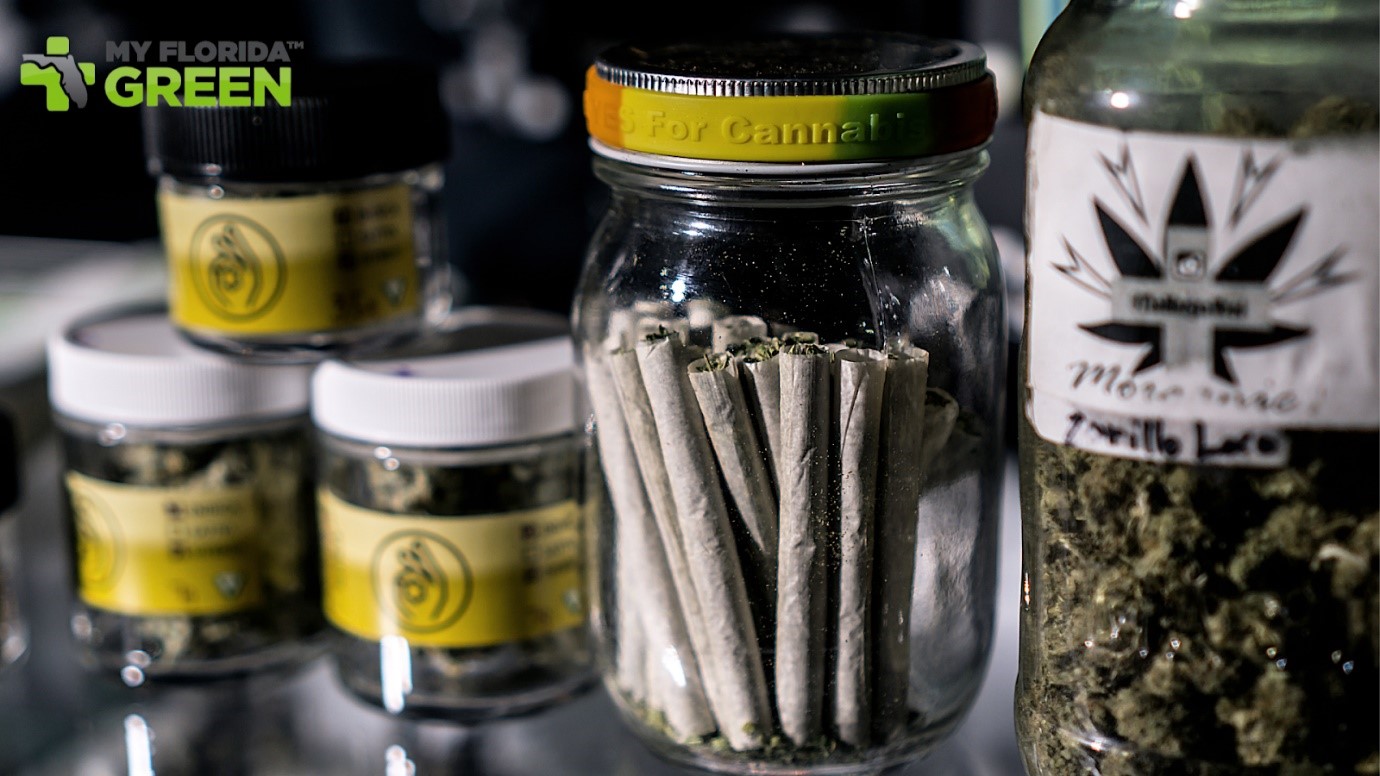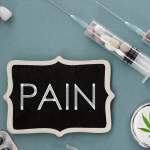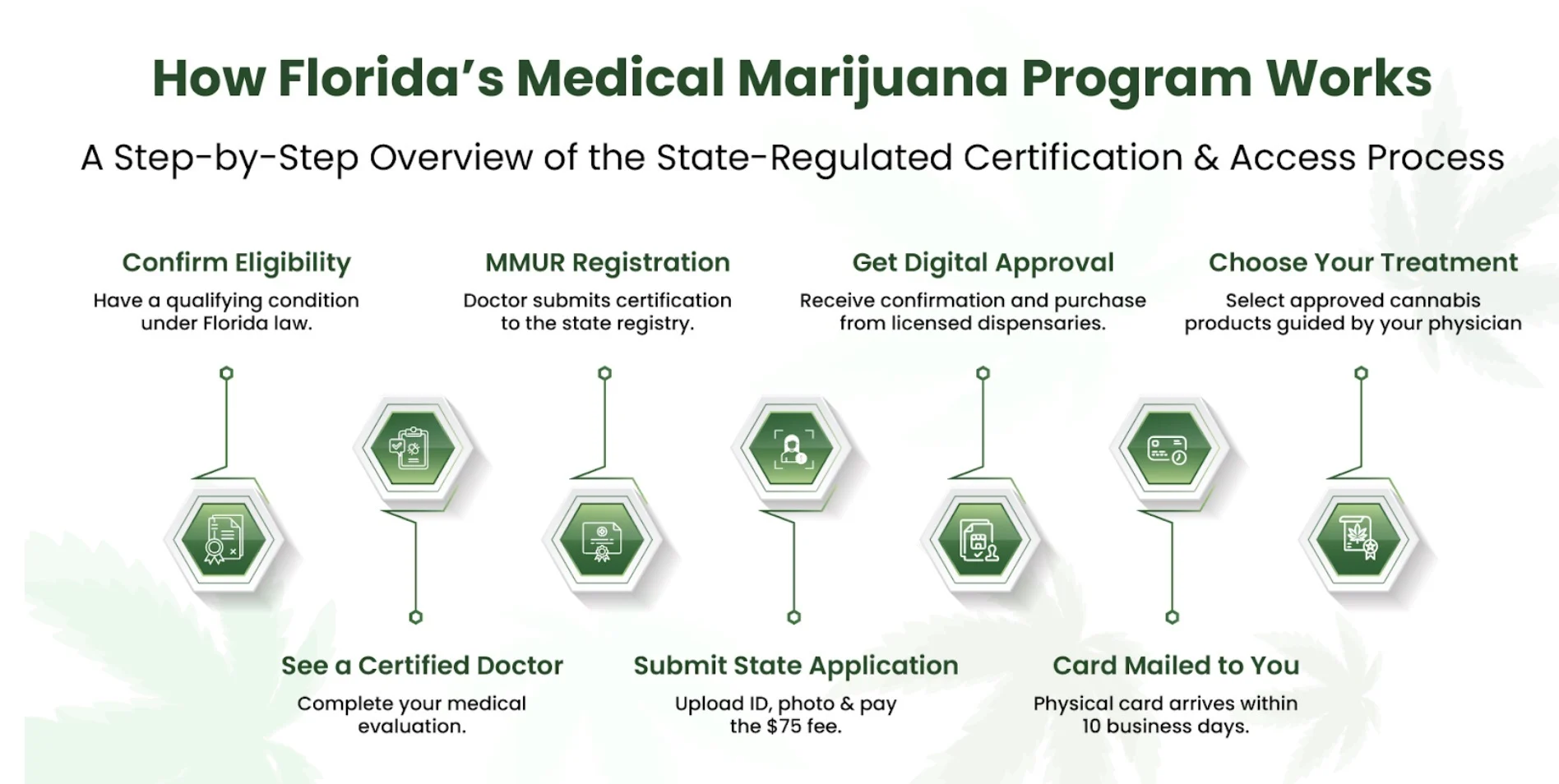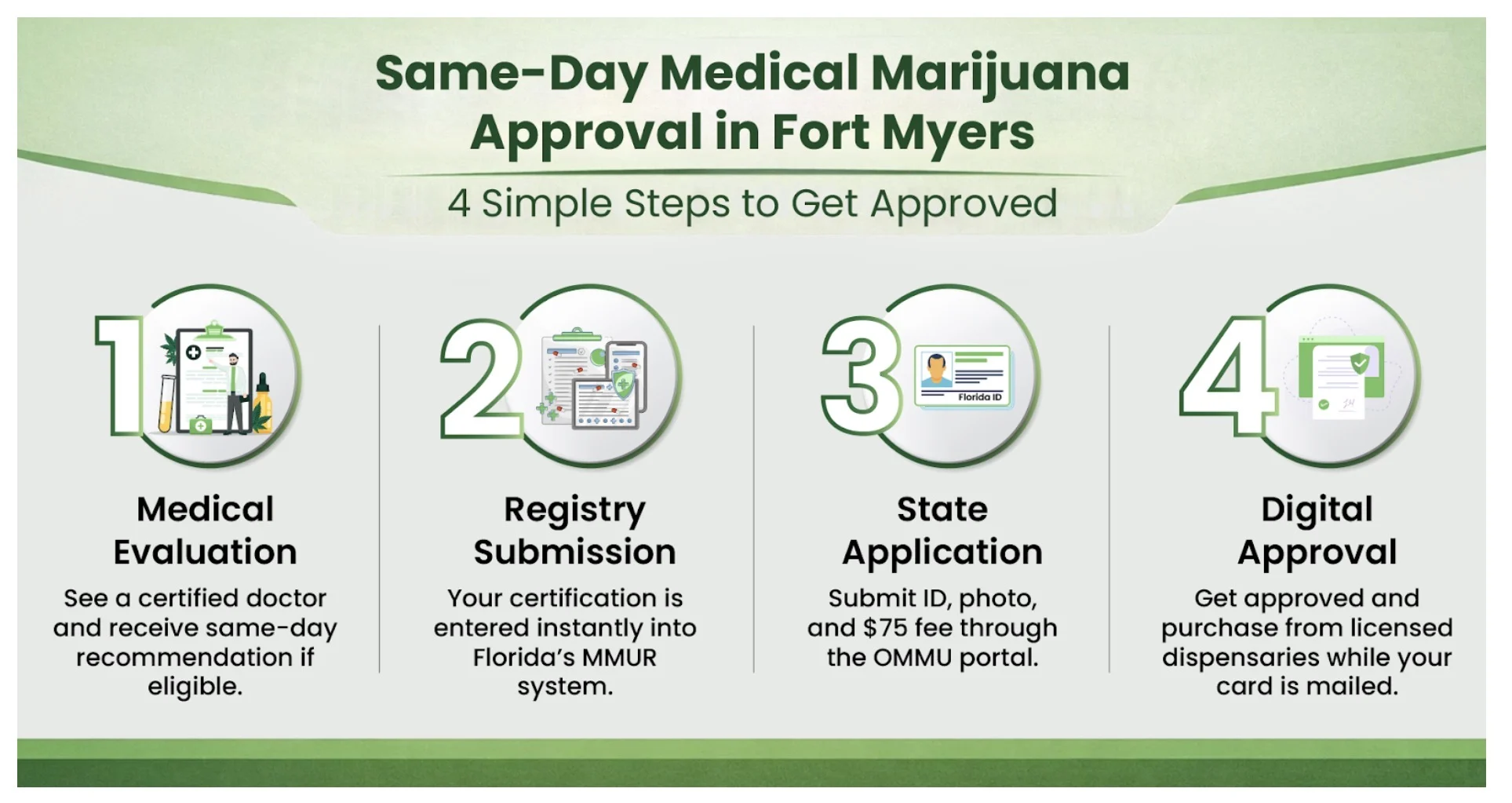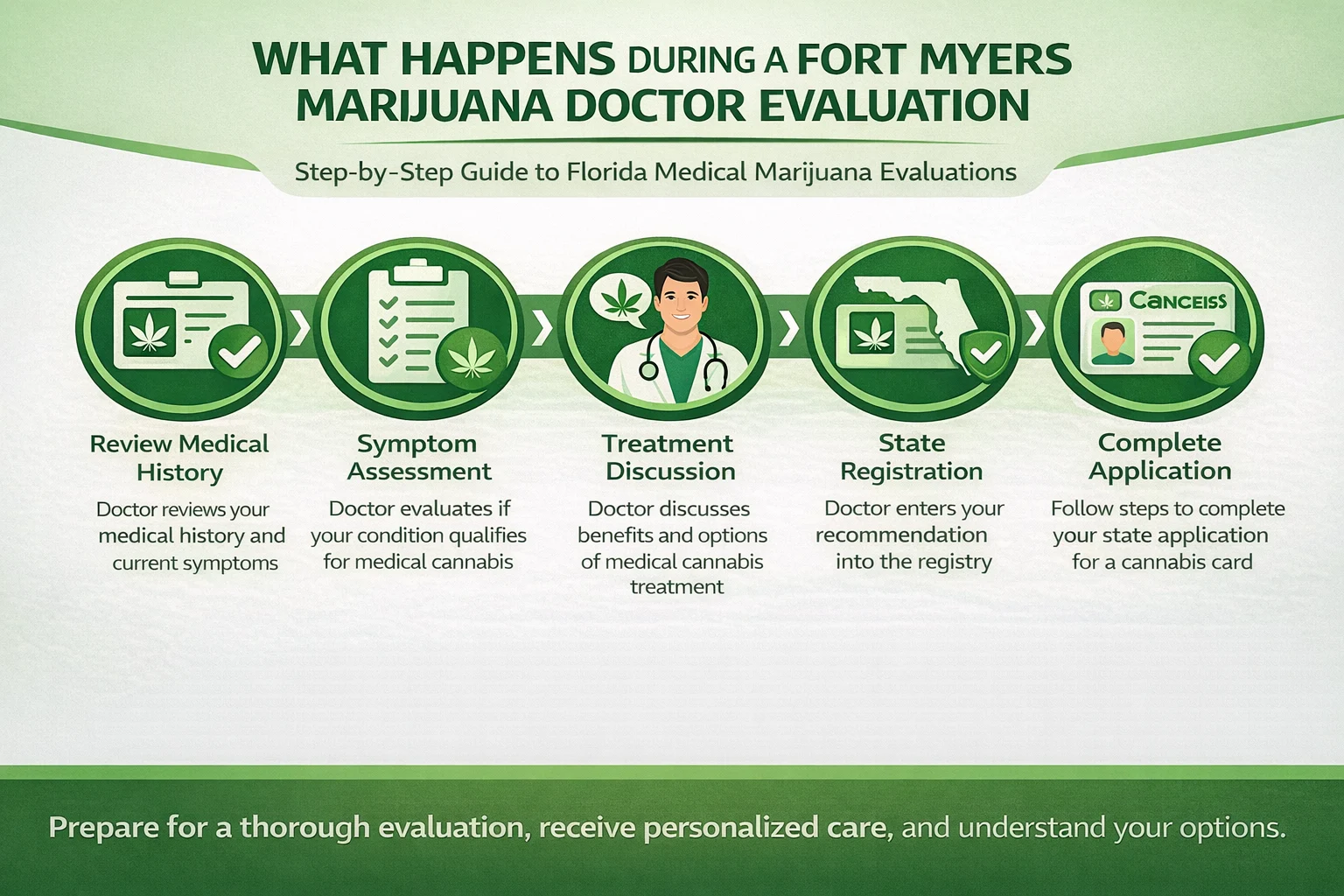Globally, the number of aging people is increasing and it is estimated that in the next forty years, the number of Americans over the age of 65 will increase to 88.5 million. Hence, it is becoming imperative that we focus on the issues of the aging population. The cognitive decline that sets in with age is one of the most common factors that cause disability and emotional distress to individuals and their loved ones. Scientists, researchers, and the medical fraternity are focused on understanding the age-related cognitive changes, both normal and pathologic, caused by an underlying disorder. Even normal individuals who are not suffering from dementia and pathological cognitive impairment can experience subtle cognitive changes associated with aging, such as problems with language, memory, thinking, or judgment.
Normal symptoms of age-related cognitive changes include abilities of memory, language, and conceptual reasoning, and the capacity to process information can decline over time. Some cognitive abilities, such as vocabulary, do not decline with brain aging and may even improve with age. However, this process varies from person to person, as it is affected by hereditary, pathological, and environmental factors. The hereditary factor is significant in the rate of decline in some abilities, such as measures of perceptual reasoning and processing speed. However, these changes are not severe to interfere with the individual’s daily activities, like memory loss and language. There has not been a successful treatment plan that can manage cognitive decline, it is mostly managed by improving the underlying condition and reducing the severity of the symptoms. It also helps to lower neuropathic pain.
How does THC Affect Brain Activity?
Marijuana is a cannabis-based drug that contains cannabinoids, making it a very effective alternative choice for treating specific symptoms and managing a wide range of diseases, from chronic pain, cancer, HIV/AIDS, headaches, vomiting, muscle spasms, and symptoms experienced by patients with cancer, chronic joint and muscle aches, and neurological diseases like Parkinson’s disease and multiple sclerosis, etc. The dosage of the drug determines its ability to relieve the symptoms. Cannabis contains many active ingredients, mainly THC and CBD. THC is an effective healing agent; however, it must be taken under the guidance of an experienced medical marijuana St. Petersburg physician. Our experts, at My Florida Green, assist every patient suffering from reduced cognitive functions to get the best treatment. Please keep reading to understand the relationship between THC and brain activity and how THC can benefit memory and learning ability in old age.
The interaction of THC with CB1 and CB2 receptors in the endocannabinoid system is responsible for improved brain activity. The human endocannabinoid system manages the basic functioning, ensuring a person’s overall wellbeing. But as we become older, the effectiveness of the endocannabinoid system reduces. However, research shows that THC has an antiaging effect on the human brain. Like other cannabinoids in C. Sativa, THC imitates the endocannabinoids in the brain’s endocannabinoid system. These endocannabinoids in the brain function by activating the brain receptors that modulate neural activity. This gives a person good cognitive ability, such as retention of memory and the ability to learn. The endocannabinoids develop through childhood, become well developed in adolescence, and then begin to decline as we grow older. So, if a small amount of THC is administered to an aged patient, there is every possibility that the cognitive ability of the patient Age-Related would improve.
Can you take THC to Reduce Age-Related Cognitive Decline?
THC can reduce age-related cognitive decline, but this depends on the dosage. Medical Marijuana has different strains that contain THC and CBD in different compositions. CBD reduces the psychotic effects of THC, thereby allowing THC to offer its full potency to patients who take it. To improve brain activity, aged patients need to go for medical Marijuana that contains small amounts of THC. This is difficult to determine because doses are measured and administered according to body weight. Therefore, patients are not advised to self-medicate and take the drug as they please.
All patients need to see a qualified Marijuana specialist to assess their health. And prescribe the appropriate dose for them to take, based on the severity of their symptoms and underlying health condition.
However, every patient wanting to use THC to improve their cognitive functions should see a specialist who can evaluate the cause of the cognitive decline. It is important to differentiate between normal and pathological cognitive loss so that it can be treated accordingly.
The effect of THC on managing and reducing cognitive decline in humans is still being studied and researched. More quantity research is required to ensure that THC is used safely and does not aggravate the patient’s conditions.
If you reside in Florida, you can call our doctors to book an appointment for a consultation. The qualified medical marijuana Sarasota doctors at the clinic are experienced in prescribing the correct dose of Marijuana to patients. In addition, the doctors will design a personalized care plan involving examining your health status. And prescribing the appropriate dosage of Marijuana that your brain needs to function better.


